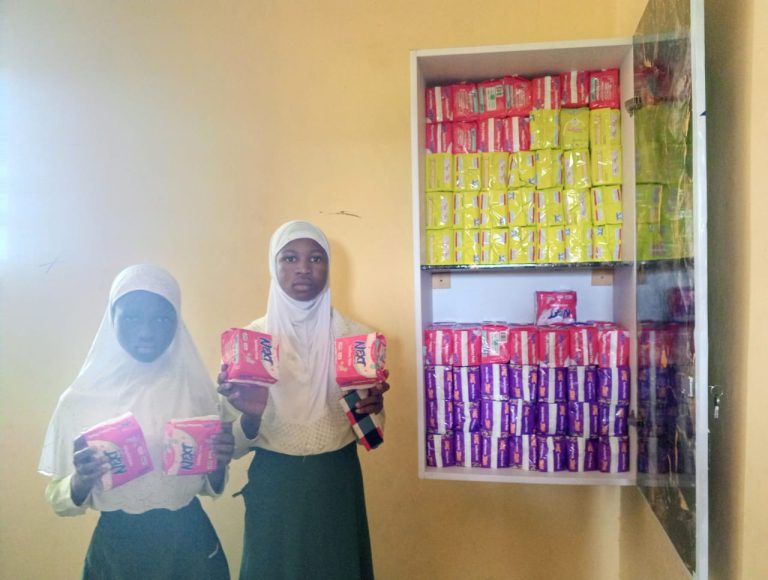|
Getting your Trinity Audio player ready...
|
In the Wa municipality, the Community Aid for Rural Development (CARD-Ghana) has set up sanitary pad banks in five JHS. The banks want to encourage menstrual hygiene, cut down on absenteeism, and give young girls more power.
Plan International Ghana provided funding for the CARD-Ghana initiative, which aimed to ensure that no girl skipped school due to a lack of sanitary pads. As part of the She Leads project’s implementation, the pad banks were installed at the Chegli Islamic, Sagu R/C, Kperisi M/A, Nyagli M/A, and Nakori/Chansa M/A Junior High Schools.
The intervention was a follow-up to the successful establishment of a sanitary pad bank at the Wa Methodist School for the Blind to ensure that more girls could safely and with dignity manage their periods and remain in school.
In a message on the intervention, Mr Constant Tchona, the Country Director of Plan International Ghana, indicated that his organisation was proud to support the initiative, ensuring no girl missed school because of her menstrual period.
“This adds up to many interventions we continue to implement and fund across the country to ensure that girls are empowered to learn, lead, decide and thrive,” he stated.
Speaking at the launch at the Chegli, Ms. Ernestina Biney, the Executive Director of CARD-Ghana, described the intervention as a proactive response to the challenges girls faced during menstruation, which often hindered their education.
She said: “When girls have access to sanitary products, they stay in school, gain confidence, and become leaders.
“This Pad Bank initiative is a step towards breaking barriers in girls’ education.”
Ms Biney urged the government to institutionalise the pad bank model within the national sanitary pad policy to ensure the policy’s sustainability and wider impact.
On her part, Madam Nafisah Yahaya, the Upper West Regional Director of the Department Community Development, expressed concern over the vulnerability of girls due to lack of access to menstrual products.
She said: “Parents, especially fathers, must see sanitary pads as a basic necessity, not just a woman’s responsibility.”
Pognaa Amamata Mumuni, the Wa Municipal Girl-Child Coordinator, appealed to fathers to play active roles in supporting their daughters’ menstrual hygiene needs.
Mr Mark Abu Momori, the Headmaster of Chegli Islamic JHS, said the pad bank would enhance girl-child education, indicating that some girls could not track their menstrual cycle and ended up soiling themselves in class, which affected their participation in teaching and learning.
He assured the benefactors that the school would take initiative to support the sustainability of the pad bank by encouraging community members and other stakeholders to donate sanitary pads to the pad bank.
Some parents at the event expressed appreciation to the benefactors, noting that the intervention would not only support menstrual hygiene management, but also safeguarded the girls’ education.
Source: myghanadaily


